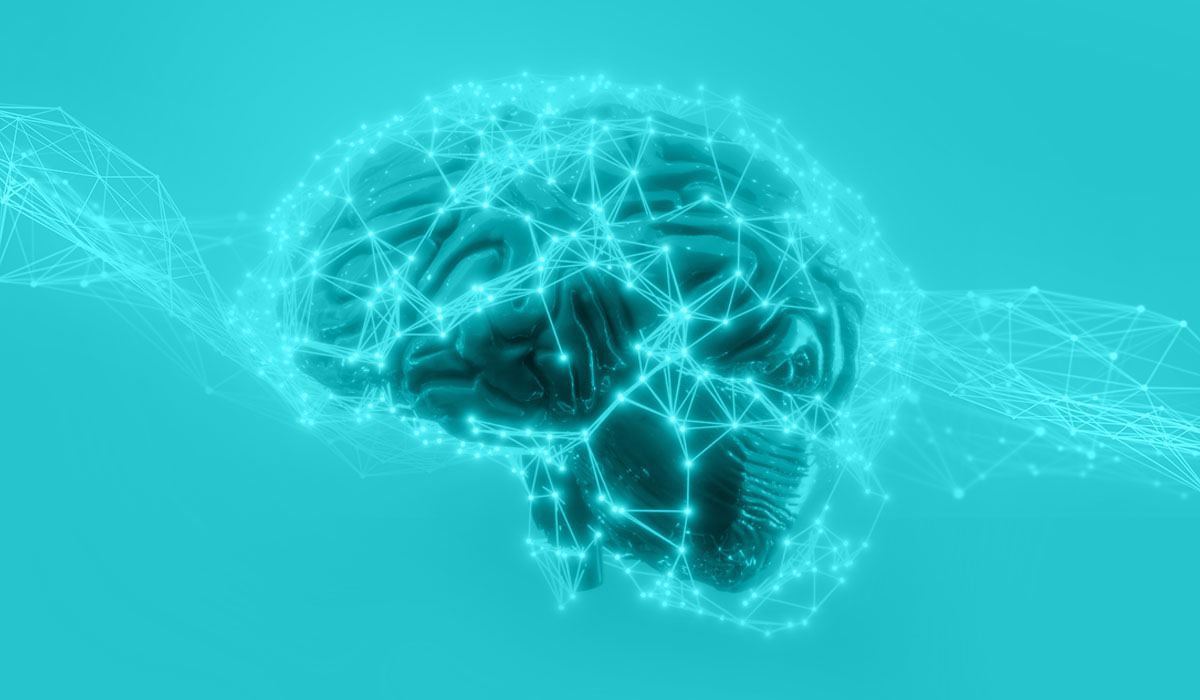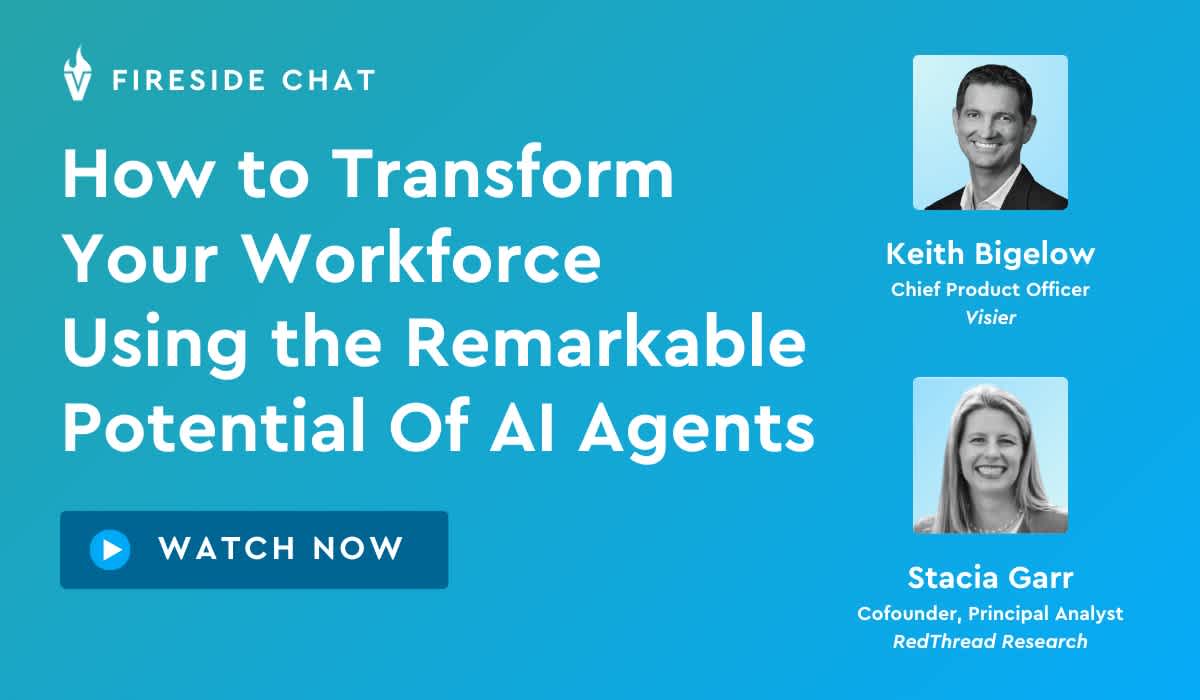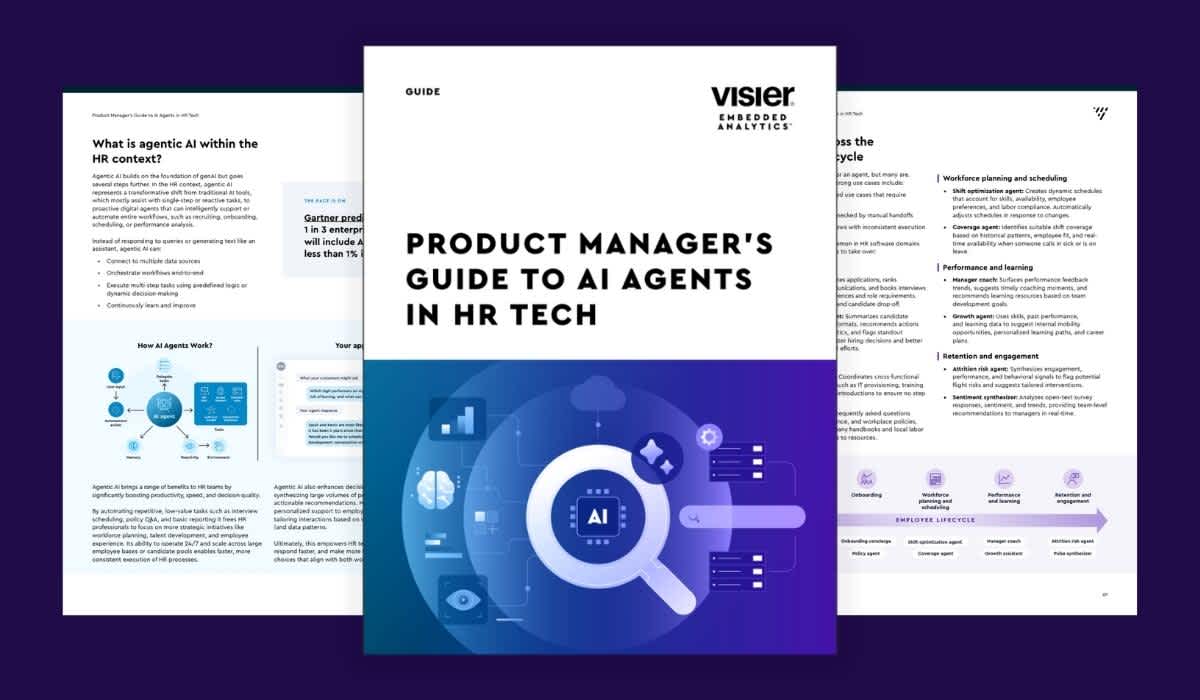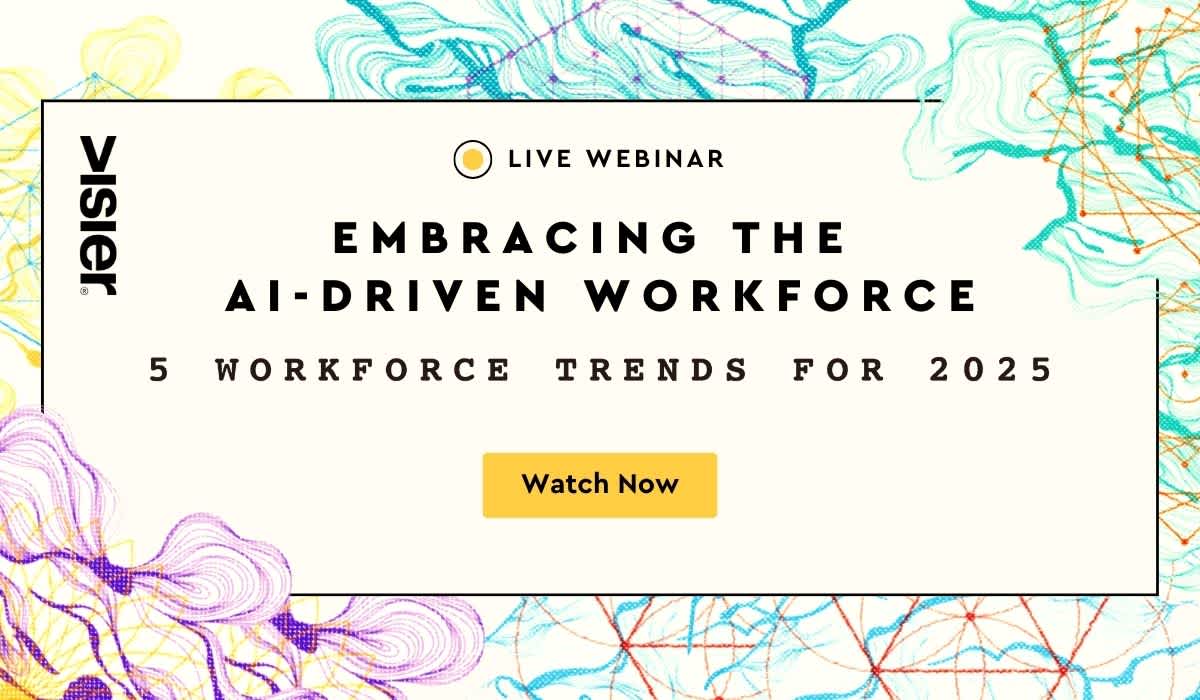Mastering Data Science Skills in the Agentic Era
Explore essential data science skills for the agentic era, including AI collaboration, ethical data use, and emerging tools to stay ahead.

What if your favorite video game character could not only level up on its own, but also choose which quests to undertake, pick up new skills, and even team up with you to solve mysteries?
That’s how you can acquire data science skills in the agentic era where AI comes in as an independent partner to help you conquer challenging problems.
The agentic era refers to the age when AI systems are at the wheel, making decisions and goal setting, and taking action with little or no human guidance.
These agentic AI systems can sort through data, adjust to new conditions, and figure out ways to solve problems, all on their own, working a bit like a digital teammate who’s always willing to take the initiative.
Why does this matter?
Learning new tools and how to work as part of a larger team are basic skills that will enable you to get the most out of your investment in using data to make a difference in the world and keep you in demand in a future of autonomous AI.

What is the agentic era and why it matters to data scientists?
Agentic AI systems are built to take actions on their own. They can think, set goals, and act on our behalf, taking ownership of their decisions and actions.
This technology has come a long way from the earliest foundations of AI. Back in the 2000s, we were merely dealing with the initial breakthroughs in pattern-matching, natural language processing, and generative models.
The advent of large language models and generative AI tools ushered in a new era of systems that can generate content or perform complex tasks with little input.
Today, the very nature of the human-model and human-tool relationship is changing. Agentic AI automates the repetitive work of data prep, feature engineering, and can even automate model selection and evaluation.
This new landscape does come with a new set of challenges for data scientists, though. Particularly when it comes to designing workflows or systems for multi-agent systems, operationalizing model governance, and working with cross-functional teams.
But data scientist skills will always be needed for handling an impactful strategy. In this case, you’d be using agentic AI as a proactive collaborator that isn’t just analyzing data, but also suggesting actions on its own.
Core data science skills that remain essential
You’ll need the following foundational data science skills to not only use the newest AI-driven tools, but also conduct meaningful, stable, and accurate analyses:
Statistical analysis and data wrangling
A thorough analysis of statistical data helps you decipher data distribution and patterns for inferences. Statistics gives data scientists the ability to design experiments, test hypotheses, and examine results.
As for data wrangling, you’ll need to master this process of cleaning, structuring, and enriching raw data for better decision making, in less time. This is critical anytime you need to deal with dirty, incomplete, or unstructured data.
Machine learning fundamentals
From supervised and unsupervised learning, to model selection and how to train and evaluate, the basics are still a must. Knowing about overfitting, bias-variance tradeoff, as well as how different algorithms work and what their strengths/weaknesses are lets data scientists produce robust models.
Data visualization and storytelling
Proficiency in data visualization is another must-have data science skill you need to communicate data insights to both technical and non-technical stakeholders. And most importantly, they’re what help you tell a story with the data you have.
Programming languages
Python and R skills are still very important when it comes to data manipulation, statistical analysis, and writing code to make the systems run by themselves. These languages come with extensive libraries and frameworks for anything from cleaning data to advanced machine learning and more.
Version control and reproducibility
By working with version control systems like Git, you can track changes to code, data, and analysis events, collaborating on them and even reversing them.
Reproducibility (via well-documented code, notebooks, and structured workflows) ensures you can repeat and properly audit all analyses.
Both are essential to teamwork and a clean history of changes.
Emerging data science skills for the agentic era
With more AI agent systems, data scientists need some new skills beyond what defines traditional analytics:
Prompt engineering and LLM integration
Prompt engineering is the process of designing good inputs for large language models (LLMs) in order to get good, relevant, high-quality outputs. This allows data scientists to automate more complex aspects of their work, from code generation to data summarization and even writing about their findings in natural language interfaces.
Incorporating LLMs into data workflows makes for quicker prototyping, effective data drills, and collaboration with non-technical partners.
Human-in-the-loop system design
Human-in-the-loop (HITL) design enables the AI lifecycle to engage human judgment. This means your models will be trained, validated, and monitored through a process where ongoing human input is still needed.
This is particularly important in tasks that involve context-based judgment, ethical considerations, or domain knowledge.
Model governance and auditability
Model governance relates to the development of the frameworks for keeping records, auditing, validating, and monitoring models end-to-end. This includes:
Storage and versioning of models
Evaluation and explainability
Testing and validation
Approval processes for deployment
Ongoing monitoring and reporting
Transparency, compliance, and model operations accountability are provided with detailed logging, access control, and standardized documentation to ensure model operations auditability.
Cross-functional collaboration
Data science is now a team sport, working closely with HR, operations, engineering, product management, and other parts of the business.
So cross-functional initiatives should be on your radar if you want to improve team performance and, in the end, get more technically robust and user-focused data products.
AI ethics and bias mitigation
Problems of how to handle ethics and bias are becoming increasingly relevant. Data scientists must perform fairness audits and statistical tests to check for bias in data and models, make AI systems transparent and secure, and create AI systems that are aligned with social and human values.
How to cultivate these data science skills in your career
The agentic era also calls for data scientists to keep developing their skills. Here’s what it looks like to build these skills effectively:
Continuous learning platforms
Coursera and edX are two of the best platforms where you can find a variety of data science courses, professional certificates, and degree programs from some of the world’s best universities and organizations.
These resources touch on fundamental themes and are useful for beginners who are just getting started in the world of data science, as well as those who are already practicing data scientists (with more advanced courses).
Participate in open-source or AI community projects
Contributing to open-source AI projects is one of the most practical ways to get hands-on experience and start working with experts in the field.
That’s also perfect if you want to make a name for yourself in the industry. There are thousands of active AI and data science projects on platforms like GitHub for you to contribute code, improve documentation, or fix bugs.
Use Visier tools and analytics to practice applied skills
With Visier’s workforce analytics platform, you can access, analyze, and visualize key workforce data via easy-to-understand dashboards, prebuilt content, and guided insights powered by AI.
Working with Visier tools hones your skills (and lets you upskill yourself) in data storytelling, cohort analysis, and advanced reporting.
Future-proofing your role as a data scientist
Now’s the best time to future-proof your job and pick up some data scientist skills that will last. Start here:
Mindset shift: From code-centric to insight-centric
Shift your attention away from coding for a second. It’s your chance to focus more on creating value. Despite the continued need for technical expertise, employers want data scientists who can help make sense of complex analyses and drive strategic decision-making.
How you communicate with data also matters. The best data scientists translate pure data into tangible results that stakeholders at every level can understand.
So think about what matters most to you. Is it data storytelling? Ethics? Let that guide your mindset from now on.
Staying adaptive with evolving tech
Data science isn’t exactly a static discipline. Not to mention that all of the learning platforms we’ve mentioned above, attending conferences, and being involved in professional communities will only take you through the current tech.
What matters even more is being open to experimenting with new technologies. Don’t be afraid to dig into and prototype with cutting-edge AI technologies such as agentic AI frameworks, automated machine learning (AutoML), and LLMs.
Importance of domain knowledge
Having unique domain knowledge around the challenges, the workflows, and the objectives of your field allows you to create more relevant solutions.
Partner with HR, operations, or any part of the business so that your analyses stay relevant to the needs of the organization. Use industry-specific analytics platforms and data sources. For instance, when you become proficient with workforce analytics tools, you can spot unique patterns in employee engagement, retention, and productivity.
Start with Visier to provide more accurate information that will support your business.

FAQs
What are the most important data science skills today?
Key data science skills include statistical analysis, data wrangling, the basics of machine learning, and programming languages such as Python and R. Data visualization and the ability to communicate results to nontechnical stakeholders are also crucial as they turn raw insights into actionable business intelligence.
How does the agentic era change data science?
The agentic era transforms data science by taking it from manual encoding and model building to more orchestrating and supervising autonomous AI systems. Data scientists have shifted their focus to perform more auditing, collaborating with intelligent AI agents, and executing ethics in AI.
Can non-technical professionals develop data science skills?
Yes. Non-technical professionals can learn data science using online resources and community-driven projects. These provide low-barrier learning experiences for everyone to learn by doing and contribute to data efforts.
What is the role of prompt engineering in data science?
Prompt engineering in data science is key to unlocking the potential of LLMs and agentic AI. That’s because you can capitalize on the new capabilities only when data scientists formulate good queries/workflows. This knowledge is essential for better outputs and facilitates interaction between humans and artificial systems.
How can I start learning new data science skills?
Start with online courses on platforms such as Coursera or edX to nail the basics. Progress to open-source projects that can give you a chance to practice with analytics tools and gain experience that way.


